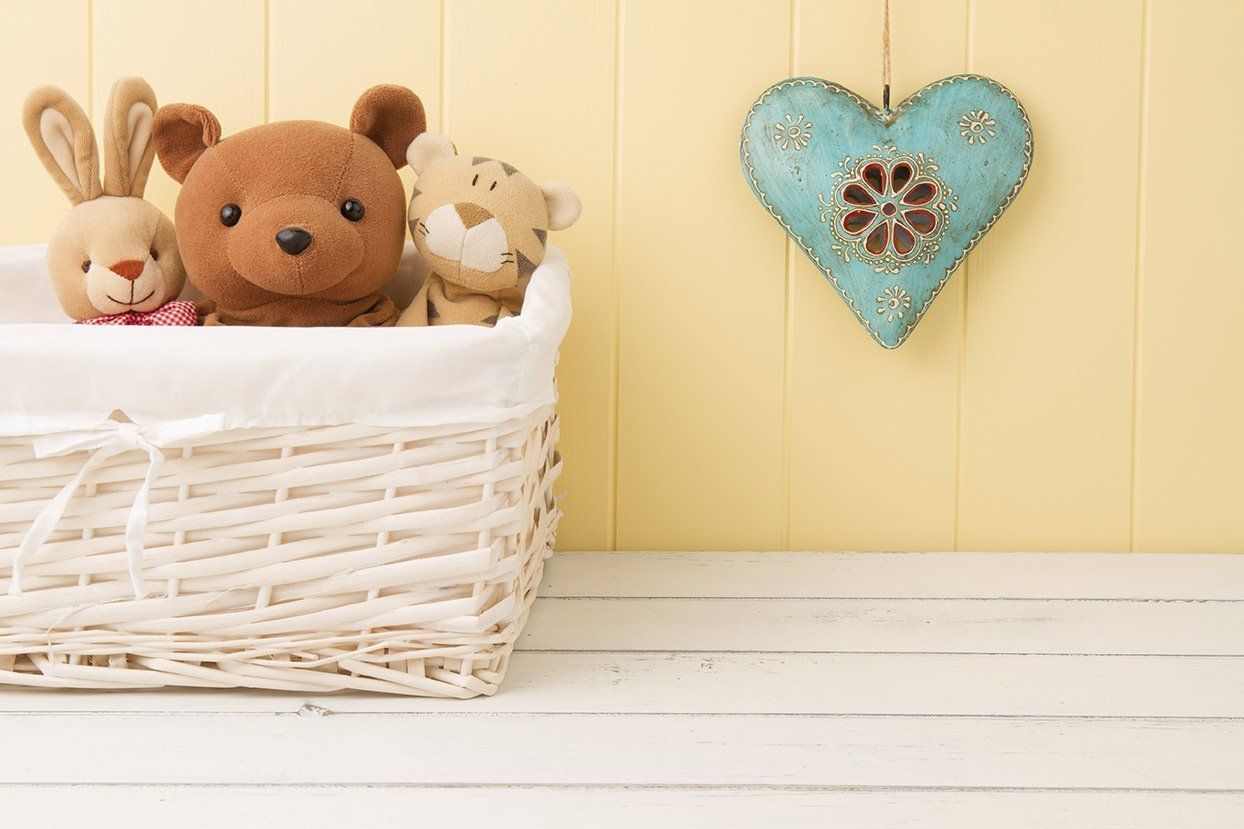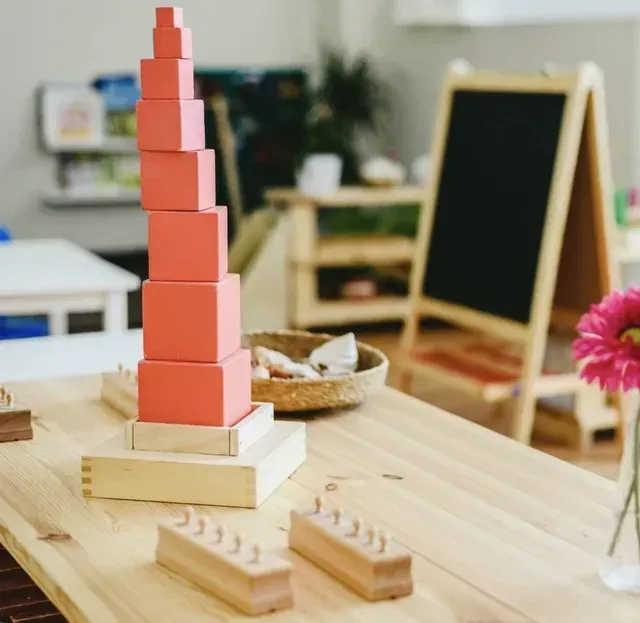
The toilet learning process for young children takes time but doesn't have to feel daunting. Here are some key aspects of toileting the Montessori way.
As parents we quickly learn that children have control over three things: eating, sleeping and toileting. Rather than engage in power struggles, however, we can help children develop the skills they need to manage and gain mastery over these essential aspects of life .
In Montessori learning communities, young children learn how to prepare snack, fall asleep with assistance, and dress themselves. In addition, they learn how to control their sphincter and stay dry. This process, which we call "toilet learning" or "toilet awareness" takes time, yet it is a vital part of becoming independent.
Because we are helping children with an important aspect of their independence, we try to avoid the terminology "toilet training." After all, we aren't training our children like we might train a dog! Rather we are helping children feel the success of becoming fully independent as they become masters of their own functions.
The process takes time but doesn't have to feel daunting. Here are some key aspects of toileting the Montessori way.
Establish Body Awareness
Toilet awareness starts at birth. From the earliest day of life, we talk to our infants about what is happening as we change their diapers. We might say "Your diaper is wet from urine," or "I am wiping your poop off your bottom."
To help our infants become aware of being wet or soiled, it's best to use cloth diapers. Disposable diapers are very effective and wicking away moisture, which leads to children not connecting the act of eliminating pee with the feeling of being wet. As children shift into toddlerhood, they can begin to wear cloth underwear.
Useful phrases:
- "Does your diaper feel wet or dry? Is there poop in your diaper?"
- "Your underpants feel so heavy! You must have had a lot of pee come out."
Collaborate
When a child is wet, we help them to the bathroom and collaborate with changing out of their wet underwear. We allow them to sit on hte toilet to see if any urine is left that can be pushed or released into the toilet. Then once they have on dry underwear, they return to their activity.
Children need to be involved in the toileting and changing process. They can assist in getting the clean underwear or diaper and putting any soiled items in their appropriate place. This gives children the feeling of some power or control in what is happening.
Useful phrases:
- "You can hold your shirt up while I pull down your pants."
- "You can open the Velcro on this side of your diaper and I'll open the Velcro on that side."
- "I'll have a turn to wipe your bottom and then you can have a turn."
No Tricks or Treats
We offer the toilet, but we never force children to sit on the toilet. We also avoid asking children if they would like to sit on the toilet. There is a happy middle in which we suggest that they sit on the toilet or let them know it is time to sit on the toilet. Ultimately, we trust that children will incorporate this part of daily life into their routine. Young children love the consistency of routines, so we ensure, from the very beginning, that toileting is a regular part of the day .
Bribing, reward charts and punishments may have short-term results, but do not work for the long-term goal of helping children develop independence, self-assurance, and mastery of this essential part of their humanity. We allow children the time to be successful. Rather than scolding or over-congratulation, we know that children will learn through experience and feel proud of their accomplishments.
Useful phrases:
- "It's time to sit on the toilet."
- "You peed in the toilet. You did it all by yourself."
Respect the Process
Often when adults change children it is all done so quickly that children aren't aware of their bodily functions. Rather than rushing, we take time to explain what is happening and offer opportunities for collaboration.
It's showing the utmost respect to children when we help them learn how to do something for themselves. When children able to respond to their body's needs, they are one step to closer to being fully functioning, independent young people.


